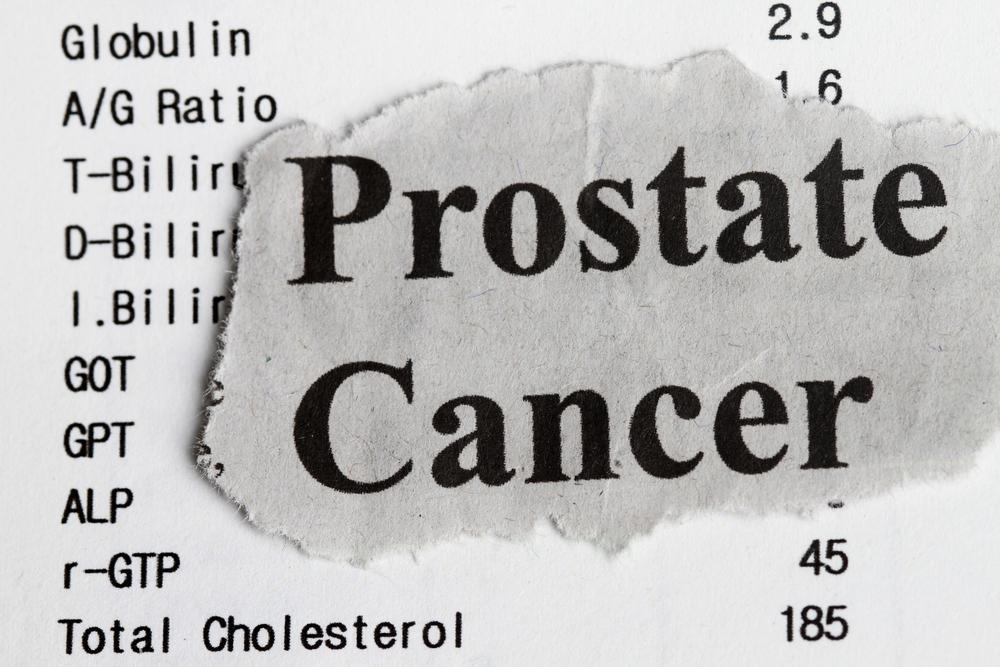
Stages and Prevention for Prostate Cancer
Prostate cancer mostly affects men and manifests itself in the prostate gland, which is located between the penis and the bladder. It helps transport and nourish sperm. It also allows the sperm to maintain its state of liquidness.
Age, family history, and obesity are some of the top risk factors for prostate cancer. Older men are at a greater risk of developing this type of cancer. Men above fifty years of age should get screened to make sure they do not have this disease.
Different stages of prostate cancer
The severity of the disease and treatment techniques are considered depending on the stage of the cancer and other risk factors. Cancer, in its earlier stages, can usually be cured and managed easily through surgery and treatment methods. However, once it has spread, it becomes increasingly difficult to treat. The different stages of the disease are:
- Stage 1
The cancer grows slowly at this stage. The tumor cannot be detected by a physical rectal examination as they resemble normal healthy cells. - Stage 2
At this stage, the tumor may be detected by a rectal examination but it’s still confined to the prostate gland. The cancer cells can be distinguished from normal healthy cells. - Stage 3
At this stage, the tumor is growing and spreading to the nearby healthy tissues. It may also attack the nearby areas, such as the rectum or the bladder. - Stage 4
The cancer spreads to the nearby and faraway lymph nodes and may also affect other organs and bones. This is the most severe stage of the disease and is challenging to cure.
Prevention techniques
There is no foolproof way to prevent prostate cancer. Even if you follow every prevention technique in the book, you may still have a chance of getting it because of the unavoidable top risk factors . However, following certain prevention techniques may decrease the chances. Some of them are:
- Quit smoking cigarettes and drinking alcohol
- Eating food rich in omega-3 fatty acids, like certain fish
- Avoid foods rich in fat and exercise on a regularly to maintain a healthy weight
- If you are taking calcium supplements, make sure you don’t consume more than 1,200 milligrams a day
- Limit your intake of dairy products and red meat
- Include vegetables like tomato, broccoli, and cauliflower in your diet. Green tea is also great.
- Take steps to eliminate stress from your life
- Consult a doctor if you belong to any of the high-risk groups
Preventive measures for prostate cancer might help reduce the risks of the disease occurring, but it cannot eliminate them. Hence, if you are above fifty years of age and belong to a high-risk group, you should consult your doctor and get tested immediately.


